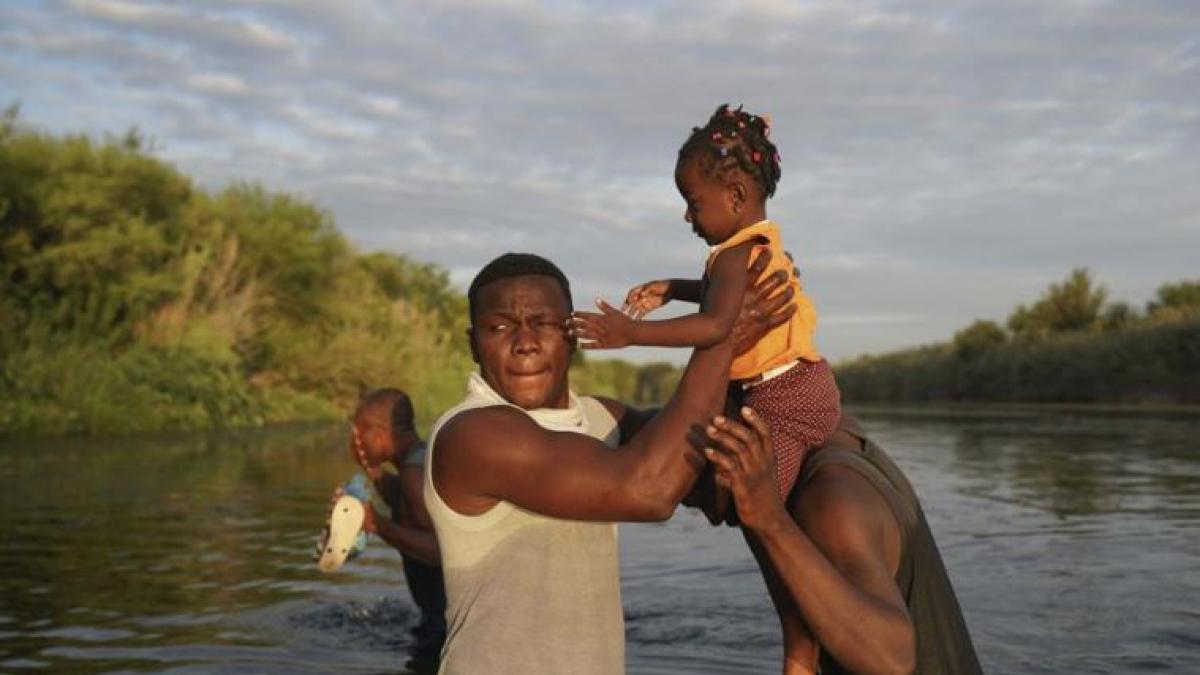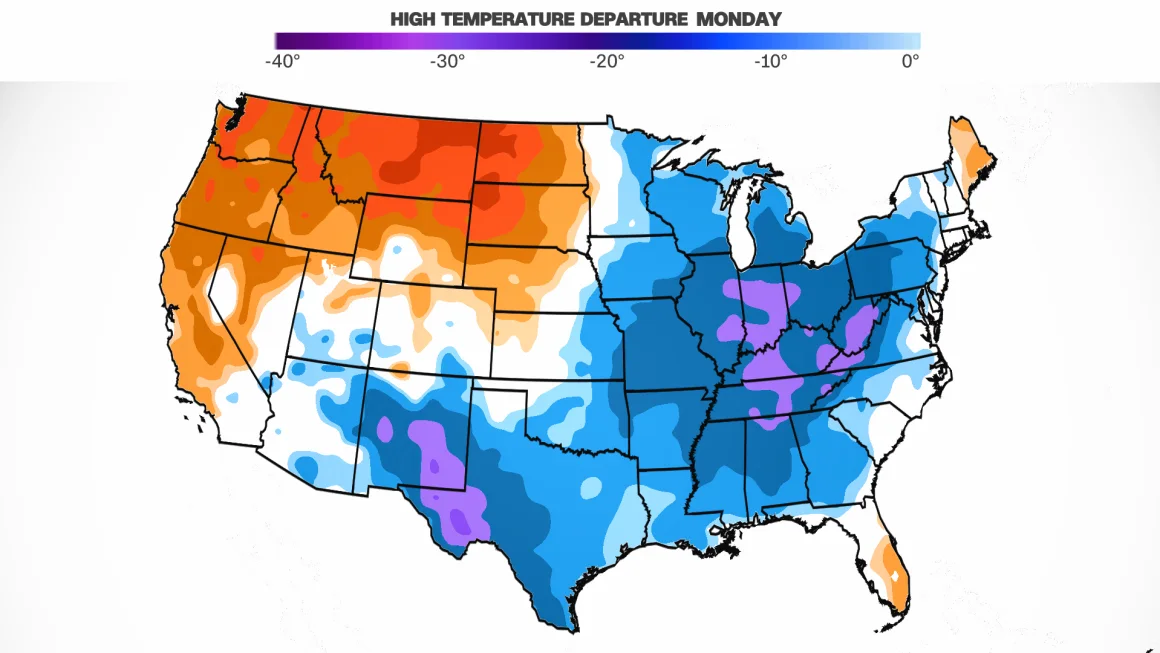Haitian exodus worsens with 13 times more irregular migration to Mexico by 2022

The exodus drama from Haiti is intensifying in Mexico, where Haitian asylum applications rose by 157% year-on-year in 2023 and their irregular migration was almost 13 times higher than that registered the previous year.
Mexican authorities detected 41,705 irregular migrants from Haiti from January to November 2023, 1,333% more than the 2,910 detected in the same period of 2022, according to the Migration Policy Unit (Segob) of the Ministry of the Interior.
In addition, Haiti displaced Honduras as the country of origin of petitioners before the Mexican Commission for Aid to Refugees (COMAR), with 44,239, more than double the 17,220 applications from the Caribbean country in 2022.
This means that nearly one in three of the record 140,982 asylum requests Mexico received in 2023 were from Haitians.
Haiti plays on the southern border of Mexico
The humanitarian crisis that Haitians are experiencing is mirrored on Mexico’s southern border, where tens of thousands of people wander the streets in search of sustenance while commerical offices are overwhelmed with demand.
“Water, water, buy me water,” are the words of Haitian migrant Bundy Modeste as he walks through Tapachula’s ‘Bicentenario’ park, on Mexico’s border with Central America, where he has found a mobile workspace while he waits for his asylum process.
The man told EFE that he is a heavy truck driver, but has not found any employment, so his goal is to work there, either in Mexico City or on the Mexican border with Tijuana, California.
“I’m looking for a comer paper, I don’t have a paper to go to Mexico or Tijuana for work, because I like it here more than the United States, because the United States (deported me) to Haiti in 2021 and now I’m not. Long I want to go to the United States in time.” United,” he said, showing his driver’s license.
His case illustrates the obstacles faced by Haitians in Mexico, where Comer reported only 3,655 resolved cases of Haitian immigrants, 8.28% of his record number of applications.
“I need a job here (in Mexico), I’ve been there for two months, I have to wait for Comer, wait for ‘e-mail’, other Haitians like me are waiting for residency,” he said.
A crisis that doesn’t stop
The Haitian exodus worsened for the first time in 2021, when President Jovenel Moise was assassinated on July 7, followed by a 7.2 magnitude earthquake on August 14 and Hurricane Grace two days later.
These factors have exacerbated the crisis in Haiti, which, according to the World Bank, is the poorest country in the Western Hemisphere, where food insecurity affects 4.9 million of its 11 million inhabitants.
Fleeing the unresolved issues, the Haitians arrived in Tapachula to present their request to Falu Comer.
“Actually, here (Comer) has treated me well, I come here and they say you have to give your phone number, ‘e-mail’ and you have to wait for months, that’s what they say. Just happening. To come out with that role,” he mentioned.
Unlike migrants of other nationalities who want to reach the United States, Haitians like Falu show a greater desire to stay in Mexico.
“We came back here for a while, to see if there is an opportunity to move on, you have to have money to continue there, there are many who don’t have money to move on,” the migrant commented.


:quality(85)/cloudfront-us-east-1.images.arcpublishing.com/infobae/TISNVICSJZGRZJXD6TKWQOFYTE.jpg)


